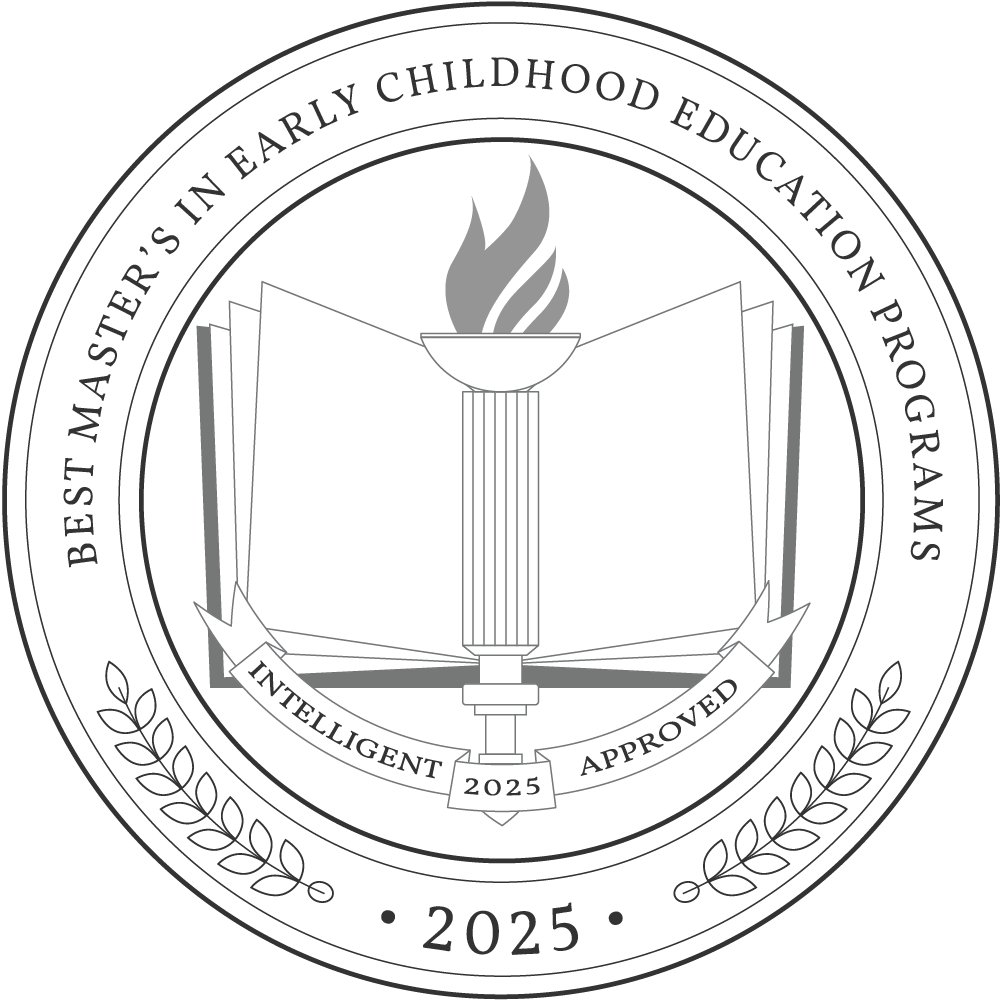For those holding a bachelor’s degree in education or a related field and eager to improve the lives of young learners, a master’s in early childhood education is pivotal to achieving your goals.This degree prepares you for roles beyond the classroom, including potential positions in educational administration, with a median salary of $103,460. However, many teachers pursue this degree to develop their skill set further and may potentially earn higher salaries — with the top 10% of elementary school teachers earning $101,310.
Most programs are designed to be completed in 18 months to two years, although many offer a longer timeline for those seeking part-time enrollment. While costs can vary depending on the institution, the average tuition for these programs was $19,749 for the 2020-2021 academic year.
Why Trust Us
The Intelligent.com Higher Education Team is dedicated to providing students with independent, equitable school and program rankings and well-researched resources. Our expert-driven articles cover topics related to online colleges and programs, paying for school, and career outlooks. We use data from the U.S. Department of Education’s College Scorecard, the National Center for Education Statistics, and other reputable educational and professional organizations. Our academic advisory team reviews content and verifies accuracy throughout the year for the most current information. Partnerships do not influence rankings or editorial decisions.
- Analyzed over 2,000 national, accredited, and nonprofit colleges and universities
- 800+ rankings pages are reviewed and updated yearly
- Content is informed by reputable sources, surveys, and interviews with academic advisors and other experts
- Over 100 data points are reviewed for accuracy and quality throughout the year, including sources
How we rank schools
Our list features the best Early Childhood Education degree programs at top colleges nationwide. Each school featured is a nonprofit, accredited institution — either public or private — with a high standard of academic quality for post-secondary institutions.
We evaluated each school’s program on tuition costs, admission, retention and graduation rates, faculty, reputation, and the student resources provided for online students. We collected data from trusted sources like the National Center for Education Statistics, individual school and program websites, school admissions counselors, and other data sources. Then, we calculated the Intelligent Score on a scale of 0 to 100 based on the following criterion:
Academic Quality:
- Admission rate versus enrollment rate
- Retention rate of students who return after year one
- Accreditation status (regional and programmatic)
- Nonprofit status, both private and public institutions
Graduation Rate
- Overall graduation rate
- Total number of currently enrolled students, including diversity metrics
- Student-to-faculty ratio
Cost and ROI
- In-state and out-of-state per-credit tuition rates and fees
- Required credits to graduate
- Earning potential after graduation
- Availability of federal student loans, scholarships, and other financial aid options
Student Resources
- Available student services for online-only and hybrid programs
- On-campus amenities like tutoring centers and the number of libraries
Read more about our ranking methodology.
Best 31 Accredited Master’s in Early Childhood Education Programs
FiltersInstitution Type
Status
- Intelligent Score
- Alphabetically By University Name
- Acceptance Rate
- Enrollment
- In-state Graduate Tuition
- Out-of-state Graduate Tuition
- In-state Undergraduate Tuition
- Out-of-state Undergraduate Tuition
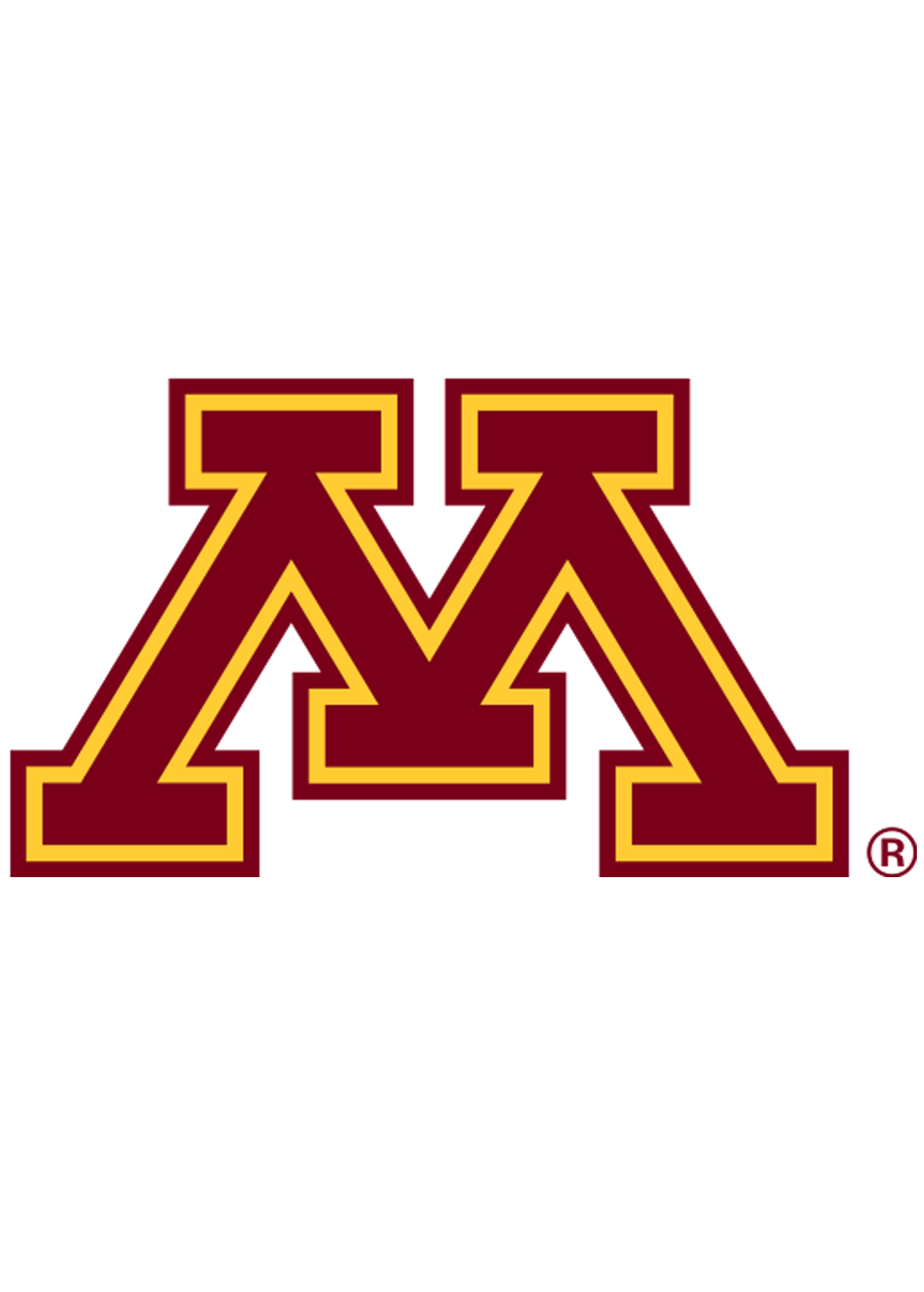
University of Minnesota
Intelligent Score: 99.83In-state: $13,318
Out-of-state: $31,616
In-state: $17,580
Out-of-state: $17,580
SAT: 1240-1460
ACT: 25-31
Resident: $796
Non-Resident: $1,232
On-Campus
Higher Learning Commission
32-40

University of Dayton
Intelligent Score: 99.7In-state: $44,890
Out-of-state: $44,890
In-state: $17,730
Out-of-state: $17,730
SAT: 1080-1300
ACT: 23-29
$730
On-Campus
Council for the Accreditation of Educator Preparation
30

University of South Florida
Intelligent Score: 98.89In-state: $4,559
Out-of-state: $15,473
In-state: $8,350
Out-of-state: $8,350
SAT: 1160-1320
ACT: 25-30
Resident: $429 - $431
Non-Resident: $875 - $877
On-Campus
Council for the Accreditation of Educator Preparation
33

UF College of Education
Intelligent Score: 98.56In-state: $4,477
Out-of-state: $25,694
In-state: $10,770
Out-of-state: $10,770
SAT: 1290-1460
ACT: 29-33
Resident: $530
Non-Resident: $1,255
On-Campus, Online
Council for the Accreditation of Educator Preparation
30
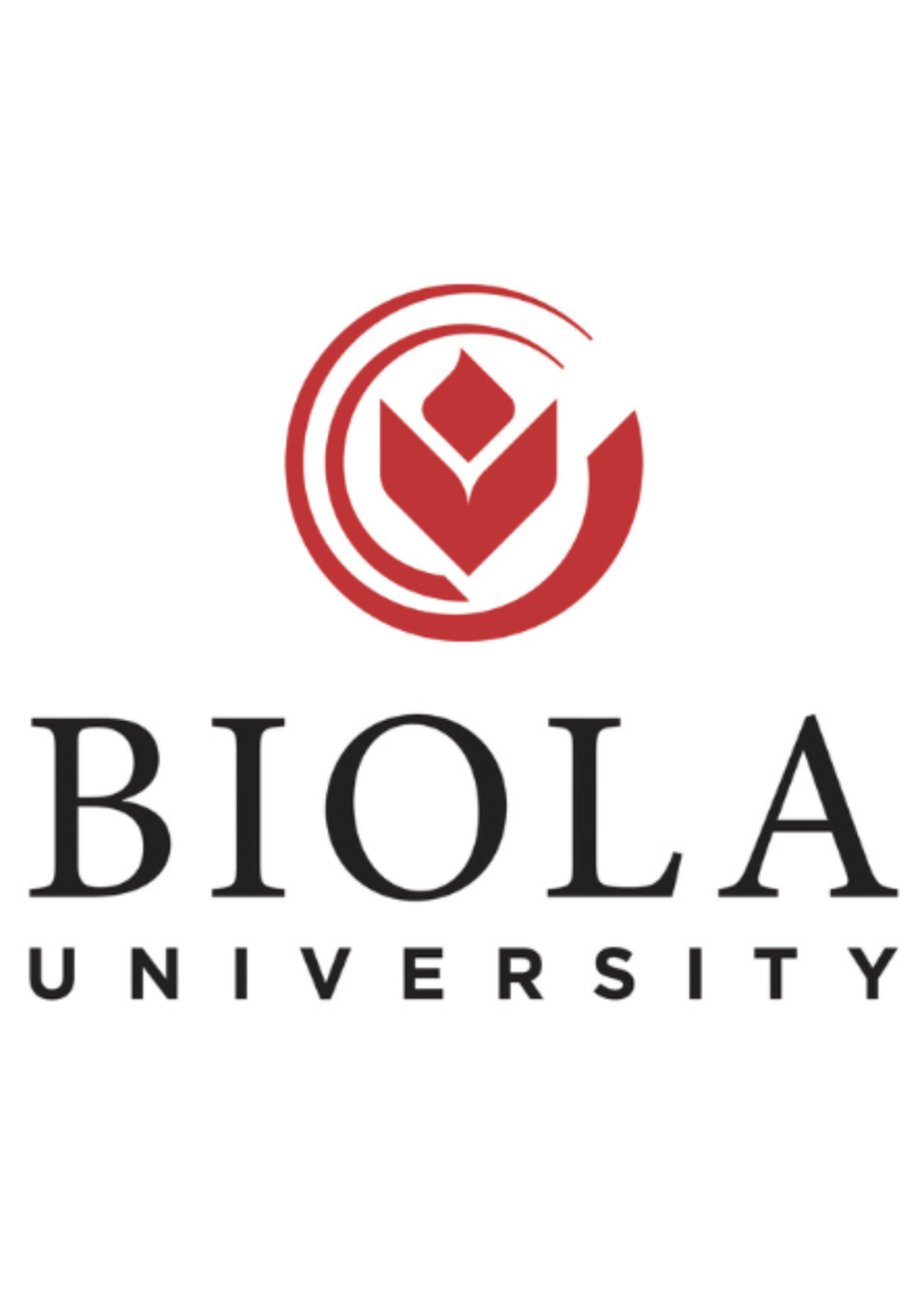
Biola University
Intelligent Score: 97.28In-state: $43,512
Out-of-state: $43,512
In-state: $11,772
Out-of-state: $11,772
SAT: 1070-1290
ACT: 22-29
$698
On-Campus, Online
Western Association of Schools and Colleges Senior College and University Commission
30

University of Colorado Denver
Intelligent Score: 97.24In-state: $10,728
Out-of-state: $34,930
In-state: $11,826
Out-of-state: $11,826
SAT: 1130-1350
ACT: 25-31
Resident: $450
Non-Resident: $1,400
On-Campus, Online, Hybrid
Higher Learning Commission
30-42

Teachers College at Columbia University
Intelligent Score: 96.22In-state: $57,864
Out-of-state: $57,864
In-state: $49,024
Out-of-state: $49,024
SAT: 1460-1570
ACT: 33-35
$2,029
On-Campus
Middle States Commission on Higher Education
36-45

NYU Steinhardt
Intelligent Score: 94.04In-state: $52,204
Out-of-state: $52,204
In-state: $34,704
Out-of-state: $34,704
SAT: 1370-1540
ACT: 31-34
$2,185
On-Campus
Association for Advancing Quality in Educator Preparation
30-45

University of Toledo
Intelligent Score: 93.41In-state: $8,736
Out-of-state: $18,096
In-state: $14,398
Out-of-state: $14,398
SAT: 985-1210
ACT: 20-26
In-State: $559
Out-of-State: $1,042
On-Campus, Online
Council for the Accreditation of Educator Preparation
30
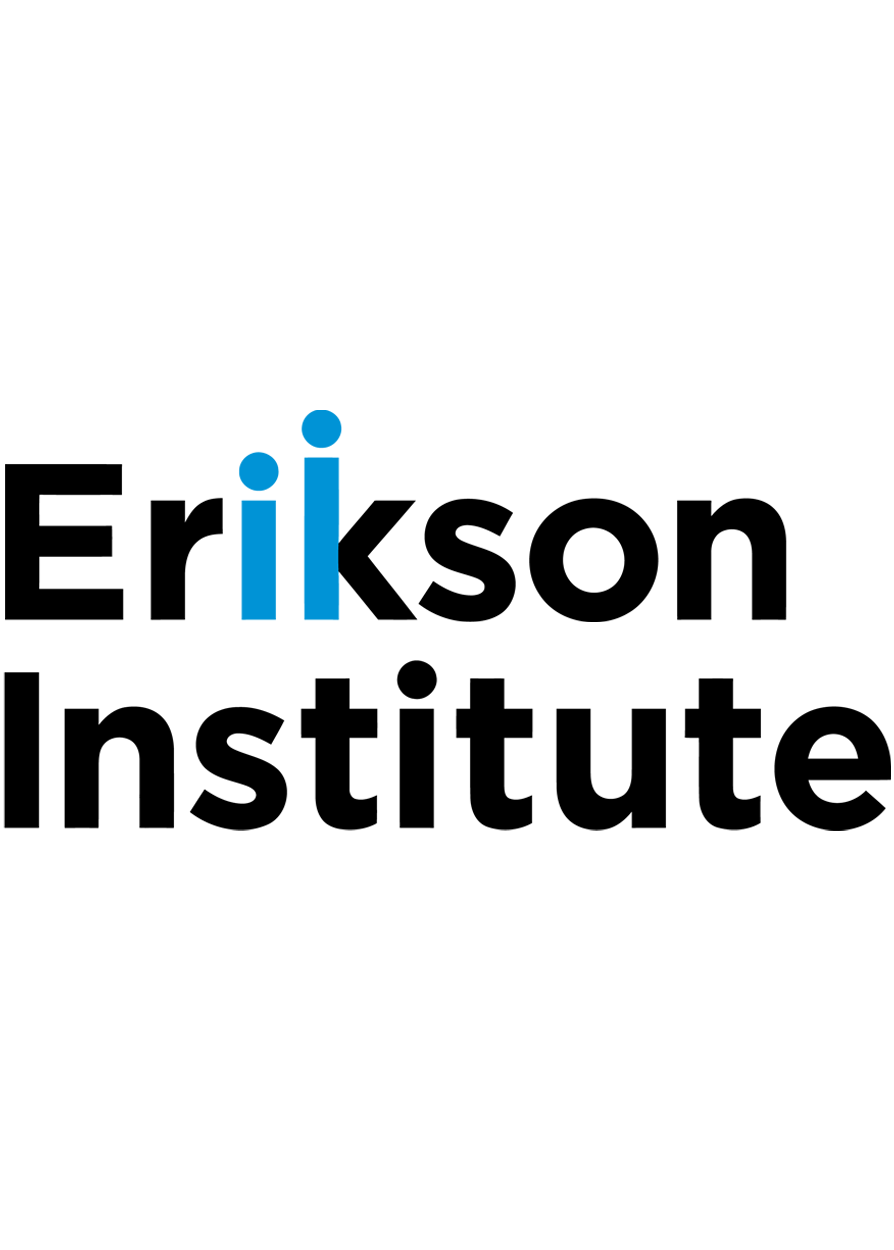
Erikson Institute
Intelligent Score: 92.30In-state: NA
Out-of-state: NA
In-state: $76,025
Out-of-state: $76,025
SAT: Not Applicable
ACT: Not Applicable
$1,157
Online, Hybrid
Higher Learning Commission
36
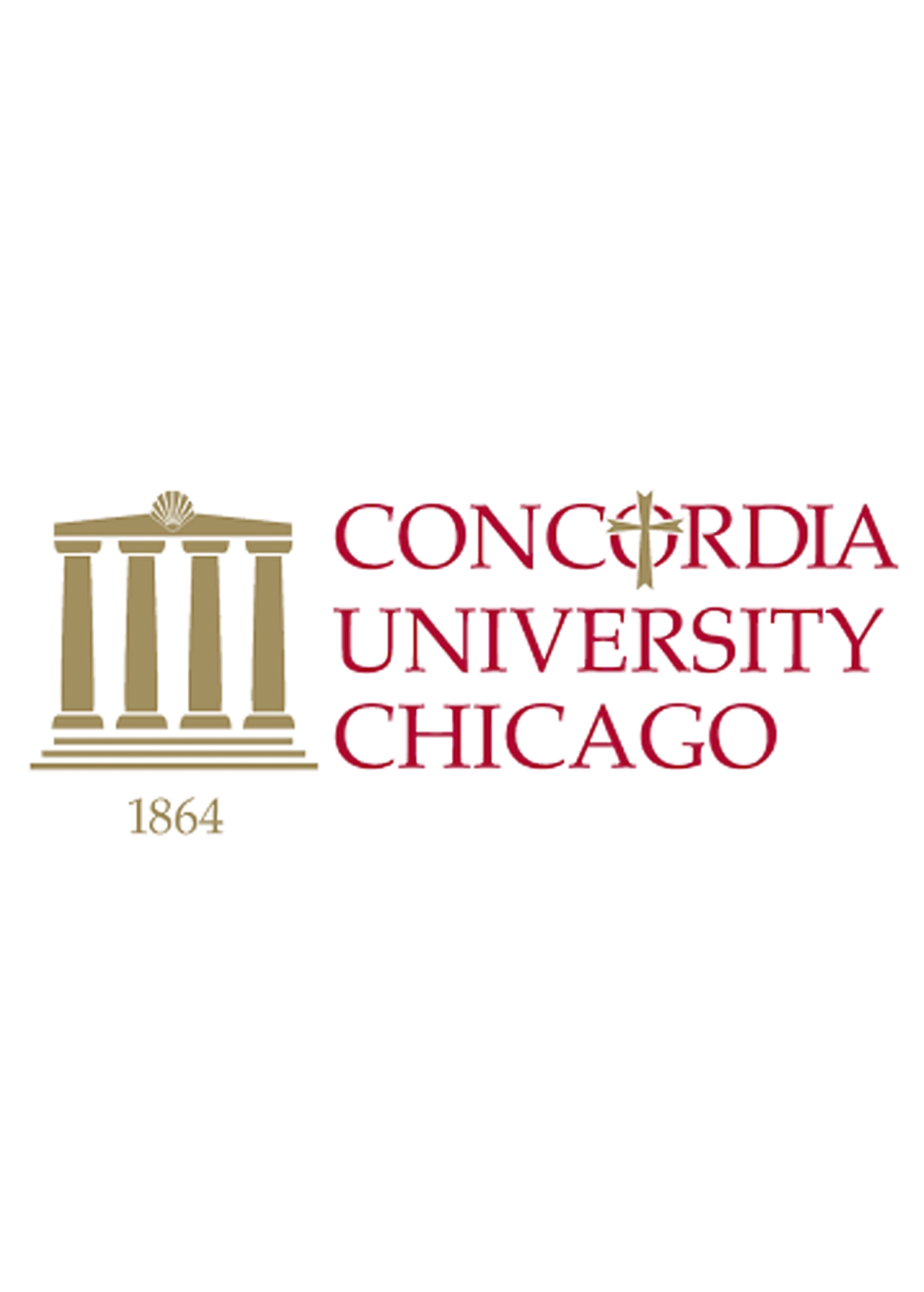
Concordia University Chicago
Intelligent Score: 91.77In-state: $32,660
Out-of-state: $32,660
In-state: $9,090
Out-of-state: $9,090
SAT: 990-1180
ACT: 19-25
$505
On-Campus, Online
Council for the Accreditation of Educator Preparation
30

CUNY Hunter College
Intelligent Score: 89.64In-state: $6,930
Out-of-state: $14,880
In-state: $11,090
Out-of-state: $11,090
SAT: 1170-1340
ACT: 25-31
In-State: $470
Out-of-State: $855
On-Campus
National Council for Accreditation Teacher Education
36-42

CUNY Brooklyn College
Intelligent Score: 88.49In-state: $6,930
Out-of-state: $14,880
In-state: $11,090
Out-of-state: $11,090
SAT: 1170-1340
ACT: 25-31
Resident: $470
Non-Resident: $855
On-Campus, Online
Middle States Commission on Higher Education
30-33
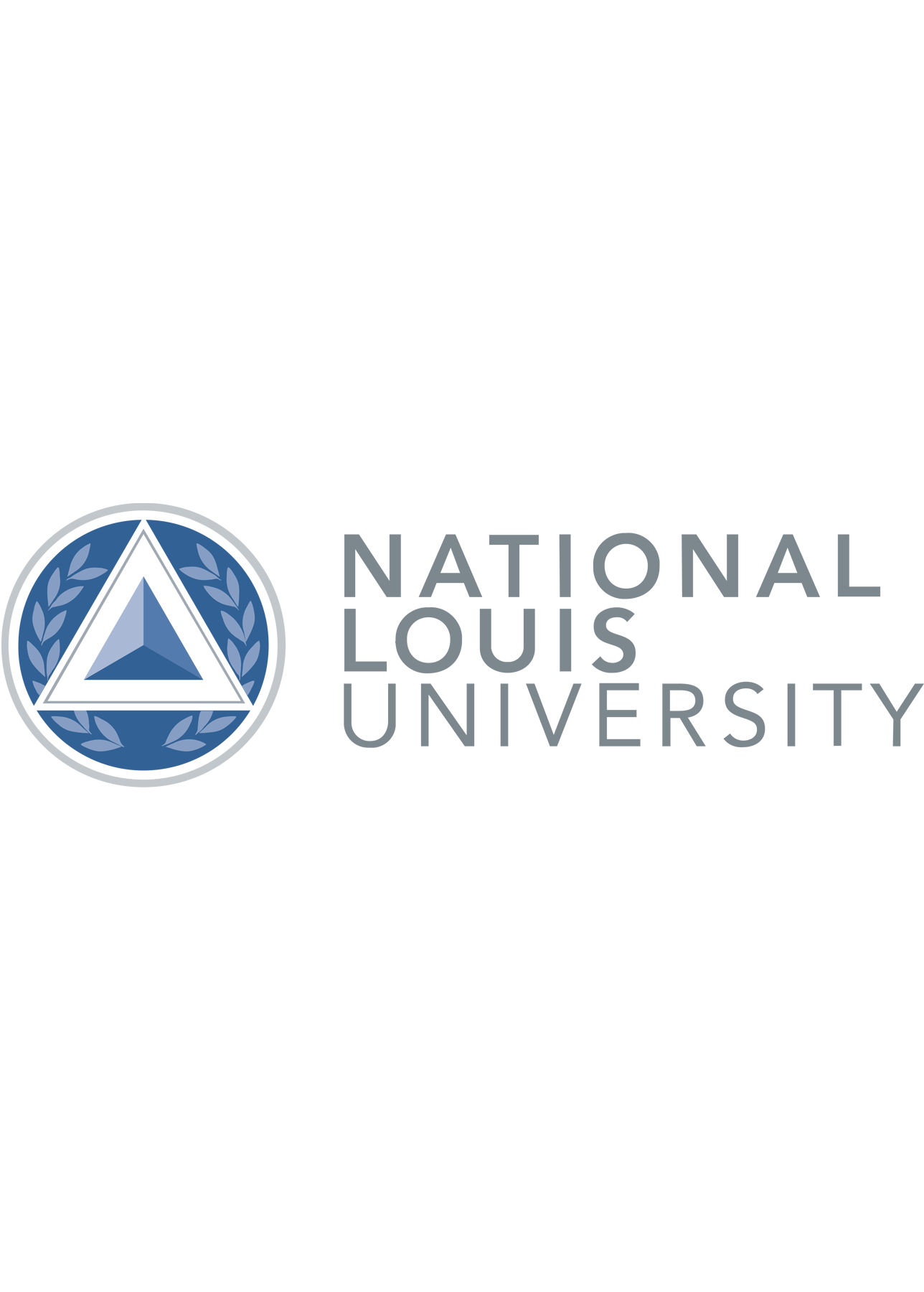
National Louis University
Intelligent Score: 88.05In-state: $13,419
Out-of-state: $13,419
In-state: $11,646
Out-of-state: $11,646
SAT: N/A
ACT: N/A
$700
On-Campus, Online
Council for the Accreditation of Educator Preparation
43-45

Southern New Hampshire University
Intelligent Score: 86.98In-state: $9,600
Out-of-state: $9,600
In-state: $18,810
Out-of-state: $18,810
SAT: N/A
ACT: N/A
$755
On-Campus
Council for the Accreditation of Educator Preparation
36

University at Albany
Intelligent Score: 85.88In-state: $7,070
Out-of-state: $16,980
In-state: $11,310
Out-of-state: $11,310
SAT: 860-1060
ACT: N/A
In-State: $608
Out-of-State: $1,119
On-Campus, Online
Association for Advancing Quality in Educator Preparation
30

University of Illinois at Urbana - Champaign
Intelligent Score: 85.72In-state: $14,317
Out-of-state: $33,824
In-state: $15,016
Out-of-state: $15,016
SAT: 1200-1460
ACT: 27-33
Resident: $2,296
Non-Resident: $4,960
On-Campus
Council for the Accreditation of Educator Preparation
34-88

University of South Alabama
Intelligent Score: 84.69In-state: $7,896
Out-of-state: $15,792
In-state: $7,956
Out-of-state: $7,956
SAT: 983-1190
ACT: 20-27
In-State: $374
Out-of-State: $748
On-Campus, Online
Council for the Accreditation of Educator Preparation
42
How to Choose a Master’s in Early Childhood Education Program
Choose your area of study
Early childhood education is already a niche field, but you can further align your education with your career goals by choosing a specialization. Options may vary depending on the institution, but many programs have curriculums to support various interests.
For example, those wanting to design educational programs may excel in curriculum development, while aspiring directors or educational leaders may opt for a concentration in administration and leadership. Alternatively, future professionals focused on supporting children with diverse learning needs may thrive in special education, and those specifically interested in child behavior and emotional development will be well-suited for child psychology.
Research schools and programs
With your intended specialization in mind, you can best research schools and programs by asking the following questions:
- What is the faculty’s expertise in my area of interest?
- What are the program’s graduation and employment rates?
- What practical experiences, like internships or Practicum, are included?
- Are there flexible scheduling options for working students?
This information can typically be found on school websites. You’ll also benefit from attending an information session or speaking with an admissions counselor, as they can offer further insights into the program’s fit for your educational needs.
Prepare for tests and applications
Once you’ve decided on the schools you’d like to apply to, start your application process early so you can manage deadlines effectively.
Gather materials like transcripts and recommendation letters well in advance, as these can take time to collect. Simultaneously, be sure to allocate sufficient time to write a thoughtful personal statement. For programs requiring GRE scores, consider enrolling in a test prep program to boost your performance.
Select your program
When acceptance letters arrive, you may have a big decision to make. Fortunately, revisiting your initial research criteria can make choosing the most ideal program for your goals more apparent.
Focus on what matters most to you, such as curriculum relevance, faculty you’re excited to learn from, and networking opportunities. Consider the total cost of attendance and compare it against financial aid opportunities like scholarships and assistantships. Prioritizing programs that offer substantial support can significantly boost your educational investment and future career opportunities.
Determine how you’ll pay for your degree
Financing your graduate degree without incurring substantial debt may feel impossible, but many financial aid resources are available.
Begin by seeking scholarships and grants, which do not require repayment, making them the ideal funding option. Consider assistantships, which typically offer tuition remission and a stipend in return for taking on research or teaching responsibilities. If you’re currently employed, ask your employer about tuition reimbursement programs, as this can significantly offset costs.
Federal loans may be a good option to cover costs if there are any remaining expenses. Remember to borrow cautiously, as all loans will eventually have to be repaid.
What Can You Expect From a Master’s in Early Childhood Education Program?
A master’s in early childhood education will provide advanced skills in child development, educational theory, and research methods, setting you apart from those with a traditional teaching degree. This program delves into classroom practices while emphasizing leadership, policy-making, and administrative roles in educational settings.
As a student, you’ll learn to influence early childhood education systems and implement effective change, directly impacting the developmental stages of young learners. Curriculums often include core courses on pedagogy, psychology, and management alongside electives tailored to specific interests in the field. A significant component of this degree is the thesis requirement, where you’ll conduct original research, demonstrating your ability to address issues in the field.
Typical completion timelines range from 18 months to two years, accommodating full-time and part-time students.
Potential courses you’ll take in a master’s in early childhood education program
- Leadership and Advocacy in Early Childhood Education: This course focuses on developing leadership skills specific to educational settings, including advocating for policy changes and improvements in early childhood education systems. Students will learn about the roles of leaders in shaping educational practices and policies that affect young children and their families.
- Theories of Child Development: A central course in many curriculums, this class explores various theoretical frameworks that explain how children grow and learn from birth through primary school. Participants examine critical concepts from cognitive, social-emotional, and physical development perspectives, understanding how these theories apply in educational settings to support optimal learning outcomes.
- Curriculum Design in Early Childhood Education: An essential component in most programs, this course teaches students how to create and evaluate age-appropriate curricula that promote early learning. Lessons cover strategies for integrating play, discovery, and structured learning to engage young children effectively, customizing educational experiences to many needs and backgrounds.
- Family and Community Engagement: Occasionally offered as an elective, this course emphasizes the importance of building partnerships between early childhood programs and the communities they serve. Students explore strategies for involving families in the educational process and collaborating with community resources to support the holistic development of children.
Master’s in Early Childhood Education Degree Frequently Asked Questions
How do I apply to a master's in early childhood education degree program?
To apply for these degree programs, you’ll typically need to meet several standard admissions criteria, as follows:
- A bachelor’s degree from an accredited institution, often in education or a related field
- Official transcripts from all previously attended institutions
- Two to three letters of recommendation from academic or professional references
- A statement of purpose outlining your educational goals
- Potentially GRE scores, though some programs waive this under specific circumstances
Speaking with an admissions counselor before applying is essential, as they can help with any additional requirements and ensure your application meets program expectations.
How much does a master's in early childhood education degree cost?
According to the National Center for Education Statistics, the average cost of graduate tuition was $19,740 for the 2020-2021 academic year.
While the cost of tuition is a great baseline to begin budgeting for your education, it doesn’t include everything. You’ll also want to consider additional expenses like textbooks, course materials, commuting, and housing when planning your education budget to ensure you’re fully prepared for all your studies.
How long does it take to earn a master's in early childhood education degree?
Earning this degree takes 18 months to two years for most full-time students, while part-time students might take three to four years, depending on course load and program structure. Part-time programs generally take longer to complete due to reduced course loads each semester, allowing students to balance their education with a full-time job or other responsibilities.
Most programs require 30 to 40 credit hours to graduate, but this can vary, with some requiring anywhere from 24 to 50 credits. Before applying, review specific program requirements regarding credits to estimate better how long it’ll take you to complete your degree.
